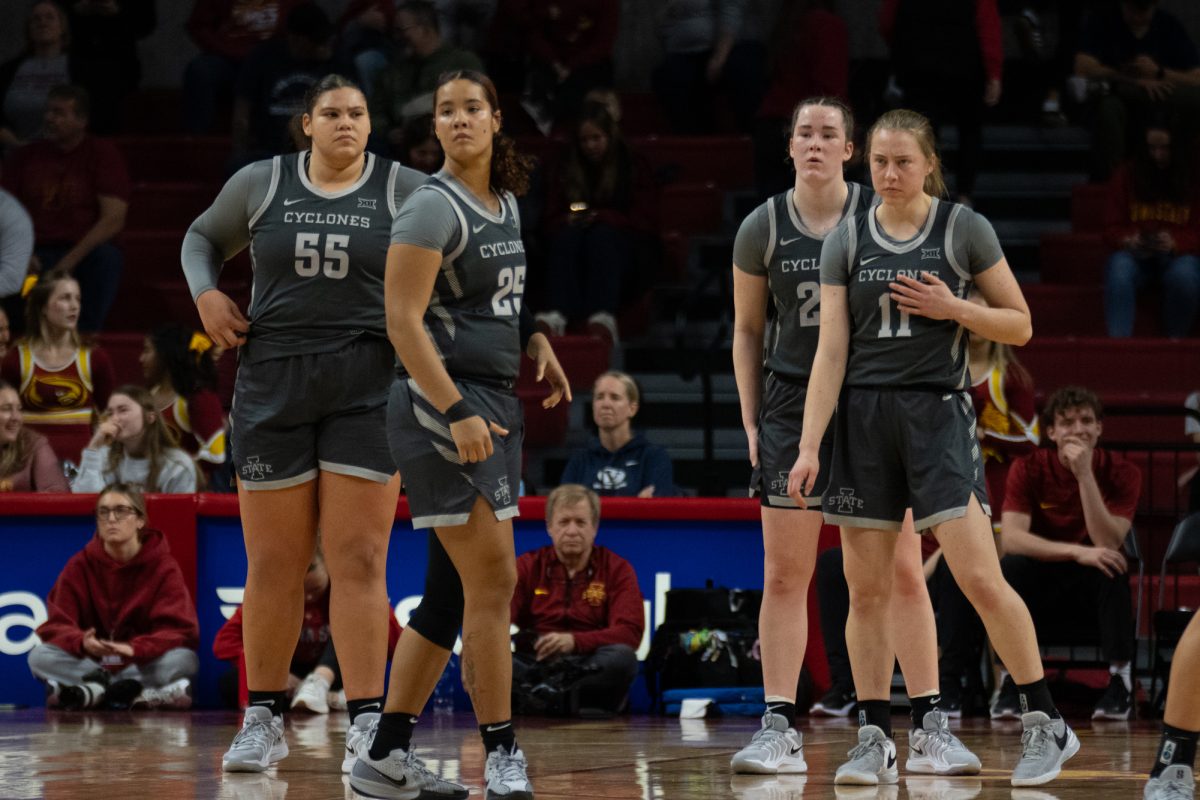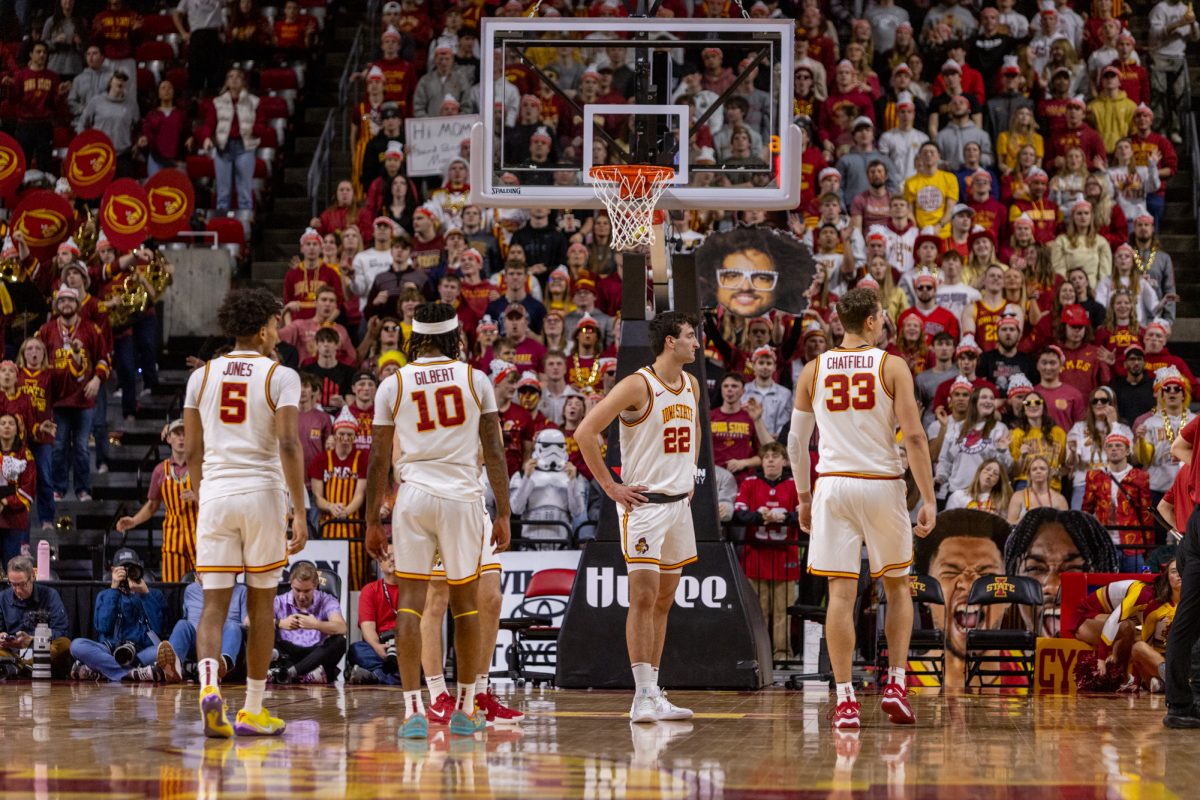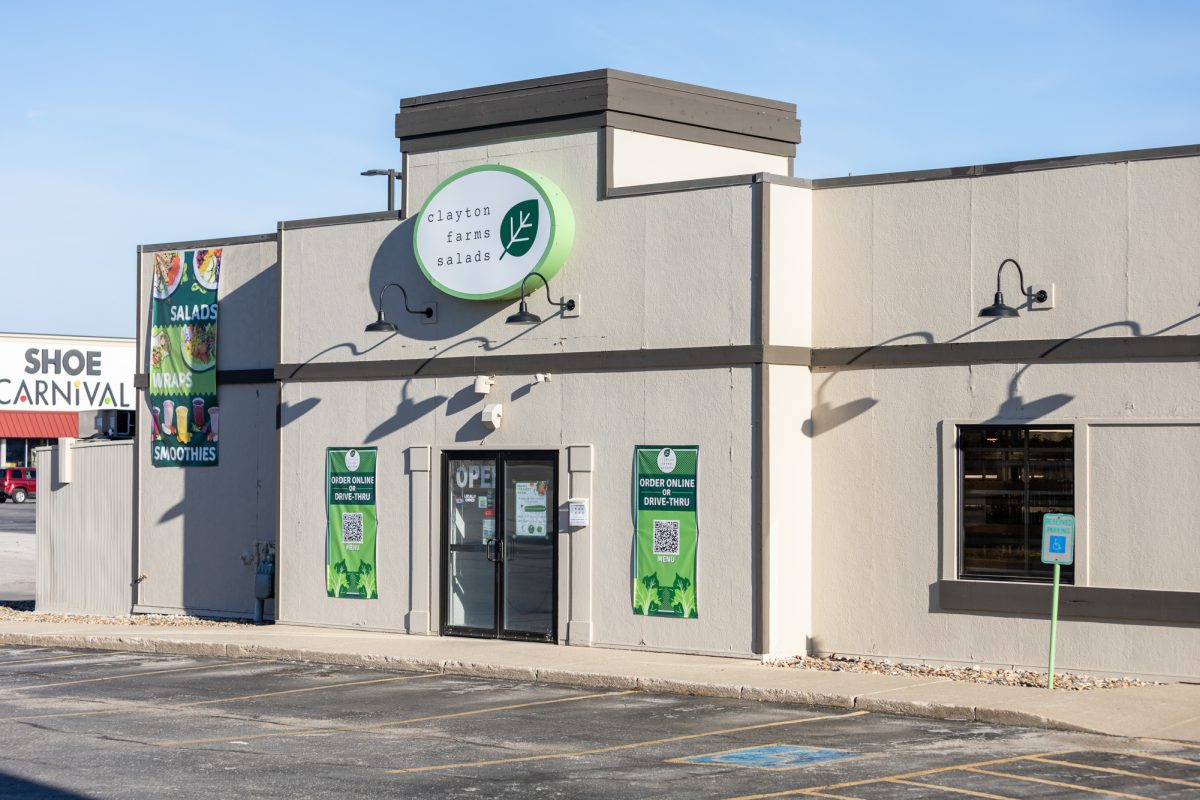Violence and degradation at juggalo gathering allows for social commentary
August 20, 2010
Music has an incredibly profound effect on culture; many people use music as a way to enhance their own identity. Throughout history, music has been the primary building block in the formation of the social phenomenon known as subcultures.
From the flappers of the 1920s and the swinging jazz cats of the 1950s to the dilated hippies of the 1960s and the punk rockers of the 1970s, the influence of music within these culturally and historically significant groups of humanity was at the forefront of each respective movement. Since the mid-1990s, a socially intriguing and equally destructive subculture has formed — the juggalos.
For the uninformed, the juggalos are fans of the Detroit rap group Insane Clown Posse. Known for vulgar lyrics that inspire violence, drug use and misogyny, Insane Clown Posse has developed a widespread cult following amongst the underbelly of America’s youth. While many people are aware of Insane Clown Posse and have heard horror stories of the frequently criticized fan base, the most intriguing and overlooked fact is that Insane Clown Posse created an ideology that functions as a religion to the juggalos.
Complete with creation stories and promises of the apocalypse, the folklore surrounding Insane Clown Posse’s music had a profound impact on a growing number of this nation’s dismal, drug-addled future. Their songs tell the story of the Dark Carnival — an evil, supernatural circus populated by the magical spirits of mystical clown sorcerers. All of the juggalos patiently wait for the release of the fabled Insane Clown Posse album that will end the story of the Dark Carnival and allow for the apocalypse to take place.
I spoke with a friend of mine, a reformed juggalo who told me he “got caught up in it for a little while at a young age,” and explained that “some of these people will die for the juggalo ideology.” Fans of the band will frequently emulate the violence glorified in the music; last week, the violent behavior of the juggalos erupted into a media frenzy when patrons of the Gathering of the Juggalos festival attacked D-list celebrity and VH1 reality show personality Tila Tequila during her performance at the festival.
The juggalos began to grow restless and loudly critical as Tequila stumbled through her ear-traumatizing attempt at hip-hop. Beer bottles began to fly through the air; juggalos roared profanities and demanded Tequila get off the stage. In a feeble attempt to win over her audience, Tequila removed her skimpy top and revealed her breasts to the audience; shockingly, this act seemed to further fuel the audience’s hatred for the fading reality star.
The crowd’s response became increasingly more violent; allegedly, some juggalos even went as far as to remove the excrement from the portable toilets and hurl it through the air toward Tequila. CNN reported Tequila continued to perform even after being lacerated in the head with a broken beer bottle.
As soon as the story broke on the Internet, forums and blogs were overflowing with commentary on the incident at The Gathering of the Juggalos. From humorous social commentary to harsh critiques, the general emotion amongst those from outside the juggalo culture appears to be a sense of confusion coupled with disbelief and, in certain circumstances, misanthropy. Some bloggers have suggested that eradicating the entire “species of juggalos” would do the world a valuable service.
While I would not go so far as to suggest juggalo genocide, documentation and commentary on the behavior of the juggalo cult allows outsiders a chance to observe an underground subculture that makes an incredible amount of money by selling a product that is so obscene and vulgar in nature that it must be underground and rebellious. The very fact that it cannot be played on television or the radio is its mass appeal to young kids trying to stand out in the bustling, judgmental halls of their junior high school. Insane Clown Posse and Psychopathic Records are marketing wizards; they created a music, an image and an identity that allows violent-minded, often dangerous and generally unattractive teenagers an outlet to revel in their own feelings of socially outcasted torment and misplaced adolescent rage.
Like all forms of fanaticism, juggalo extremism is very dangerous. These individuals will die for their beliefs; they will kill for their beliefs. Rebellion through music is completely normal — the sick abnormality of the juggalo cult comes when the fictional violence that exists within the musical realm of the Dark Carnival seeps from the speakers and into the real world.






